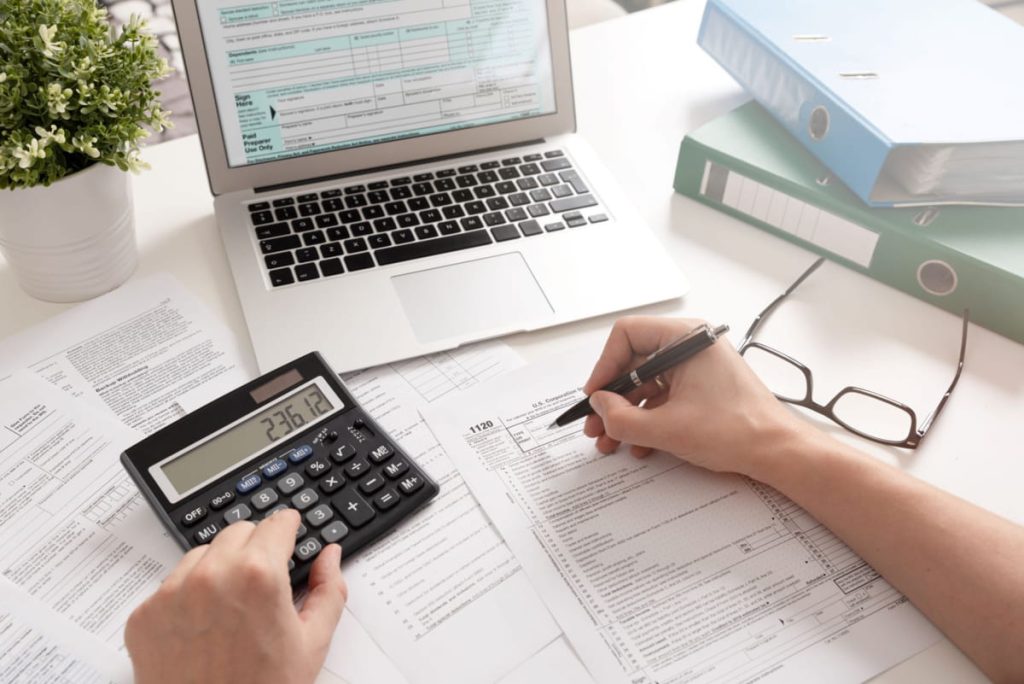Wherever you are in the world, you’re probably dreading filing taxes. After all, it can be a real pain. There are so many different forms and rules to keep track of, and it can take a lot of work to know where to start. Not to mention that you’ll part with your hard-earned money.

Thankfully, filing your business taxes doesn’t have to be excruciating. As long as you know what you’re doing, you’ll be fine. Whether you’re a first-time filer or just looking for a refresher, keep reading to know how you can file your business taxes.
By the way, before you proceed, please note that the steps provided here are based on the tax systems of Western countries like the United States. While most countries have similar systems, the exact steps may differ.

- Determine Your Business Entity Type
Make sure that you’re already set with your company’s business structure. Some of the typical business types are sole proprietorship, partnership, limited liability company (LLC), and corporation. Corporations can be further classified as C corporations or S corporations.
Each of these structures has its own advantages and disadvantages. And your business taxes can be impacted based on your entity type. Here are some ways that can affect your company:
- Taxes: Sole proprietorships and partnerships are pass-through entities, meaning owners pay taxes on business income on their personal tax returns. Meanwhile, C corporations are separate entities, so owners pay taxes on business income when it’s distributed as dividends.
- Reporting: Sole proprietorships and partnerships are not required to file separate or multiple tax returns. However, C corporations and S corporations must do it.
- Liability: Sole proprietors and general partners are personally responsible for business debts. LLCs and C corporations provide some level of protection against liability.
It’s advisable to seek guidance from a tax advisor or a business tax accountant to determine the most suitable entity type for your business. They can assist you in selecting the best option and even help you with filing.
- Gather All Required Documents And Information
Gathering all required documents beforehand can save you a lot of time and give you peace of mind. As early as possible, update all the information in these requirements for the moment the tax season starts.
Keep in mind that the documents you need will vary depending on your business entity type. However, there are some standard documents that most businesses will need to gather. These are the following:
- Business income and expense records include receipts, invoices, and bank statements.
- Employee wages and taxes records.
- Contractors, vendors, and other non-employee’s payment records.
- State and local tax forms; these will vary depending on your country, state, and locality.
You might need other optional documents. For instance, you should have home office deduction documentation if you run your business from home. Meanwhile, you might need inventory deduction documentation if your company has many goods coming in and going out.
Gather these documents as soon as you can to avoid last-minute stress.
- Be Familiar With Tax Forms
The tax forms you need to file for your business depend on your business type, size, and income. Here are some forms you might need to file:
- Individual, partnership, or corporation tax form
- Quarterly and annual employment tax return
- Foreign income tax
- Miscellaneous tax forms
Be sure to file on time and accurately. And don’t be afraid to get help if you need it.
- Fill Out The Business Tax Forms
In addition to gathering the necessary documents, you must complete all the required tax forms. Take your time and ensure you’re filling out the correct ones.
When filling out the forms, accuracy is vital. Read the instructions in them carefully to avoid any mistakes. Remember, providing false information can lead to penalties, interest, audits, and criminal charges. Double-check all the information you enter to prevent these consequences.
Also, it’s crucial to file your taxes on time. Failure to do so can result in severe consequences. Your country’s tax department may seize your assets, impose heavier penalties, and initiate legal proceedings, possibly leading to imprisonment. It’s worth noting that putting false information on tax forms often carries harsher penalties than missing a deadline.
To prevent missing the deadline for filing your business taxes, consider seeking assistance from a professional, using tax software, and filing your taxes online.
After completing the filing process, don’t forget to maintain your tax records. Typically, tax authorities require you to retain your tax records for at least three years.
Conclusion
Filing business taxes can be challenging, but getting it done correctly is crucial. By following the steps outlined above, you can have an easier time and avoid getting penalized by your country’s tax authority. So, follow them, be accurate, and be on time.
